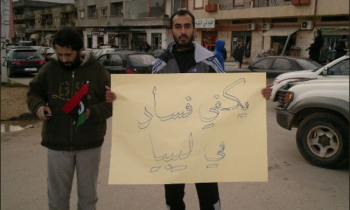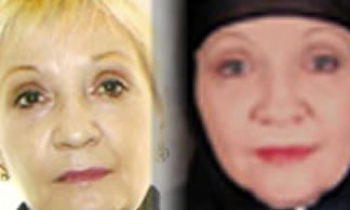Kathmandu, Sep 16 (IANS) Three years after a fierce opposition to alleged Indian investment in the media, Nepal's new government is now thinking of liberalising this sector, including allowing up to 49 percent foreign direct investment.
After the fall in April of King Gyanendra's regime that had imposed harsh restrictions on the media, the new seven-party alliance (SPA) that came to power on the wings of a mass revolt pledged to democratise the media and formed a commission of journalists to advise on how to improve the sector.
The media commission has submitted its report to Prime Minister Girija Prasad Koirala, recommending that transparent foreign investment up to 49 percent should be allowed in the national media. However, to safeguard national interests, the managerial chief and editorial staff should be Nepalis.
The recommendation comes three years after the Nepali media unitedly opposed the launch of a new Nepali daily, the Annapurna Post.
Around 2002, a new publishing house, the International Media Network, launched an English daily, the Himalayan Times, and triggered a price war among the existing dailies. The fierce competition caused an English daily, the Space Times, to fold up.
Alarmed at the way the new daily began capturing the market, the existing newspapers began a campaign when it announced the launch of a Nepali daily. The campaign was mainly based on the allegation that the dailies were funded by Indian investors and were intended to be used for propaganda by the Indian government.
Though Nepal's laws regarding FDI in the media remain hazy about allowing foreign capital, the campaign at times turned violent, with attacks on the two dailies' office and vans.
But now, there could be a sea change with the prime minister asking Information and Communications Minister Dilendra Prasad Badu to implement the recommendations.
In another revolutionary move, the media body has asked the government to allow the private sector to open news agencies. Currently, there is only one, the state-owned National News Agency, an "unprofessional" organisation used as the government mouthpiece.
The other state-run media organisations, including the Gorkhapatra daily, Nepal Television and Radio Nepal, which were grossly misused during the royal regime to defend the king's power grab by a coup, could also undergo a transformation if the recommendations are heeded.
The commission has advocated that the private sector should take over the state dailies while the TV and radio channels should become public broadcasting institutions.
To guide the media, the commission has also mooted establishing an information and communications commission that should lay down guidelines regarding the extent of freedom of speech, press rights and people's right to information.
Interestingly, the commission has made reference to a proposal floated by the army during the king's direct rule to run FM stations. Though it was granted licence by the royal regime, the plan was dropped after the ouster of the regime.









